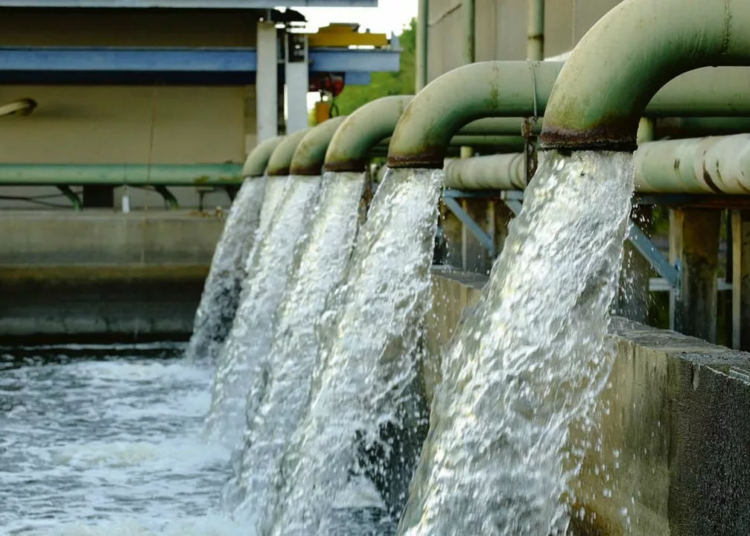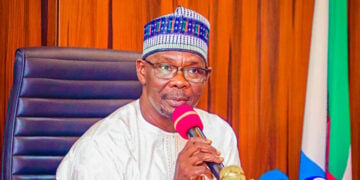Health experts have stressed that access to clean and safe water remains a critical challenge in Nigeria, with outdated infrastructure and high leakage rates threatening public health.
The experts warned that without urgent intervention, millions will remain at risk of preventable waterborne diseases.
The warning is coming ahead of the second edition of the International Water Quality conference which will host stakeholders from health, construction, real estate, and technology in Abuja.
Convener and President of Rite Place Health, Dr. Chukwumezie Okolo said the focus will shift from merely providing access to water to ensuring its quality.
“When we talk about access without quality, we ignore the fact that 70 to 80 per cent of our diseases are waterborne or water-related. This conference is a call to action,” Okolo stated, adding that last year’s advocacy earned the organisers a place on the National Technical Working Committee on drinking water quality.
Also, a deputy director at the FCTA, Dr. Nkechi Ezeudu described the situation as both “a crisis and an opportunity,” noting that over 800,000 people, many of them children, die annually from preventable waterborne illnesses.
She urged government agencies to integrate water quality into planning and budgeting, industries to adopt cleaner practices, and communities to protect local water sources.
From the construction sector, Engr. Emmanuel Durkwa of Nik De Panache Ltd stressed the need for smarter infrastructure designs and policies that prioritise safety over cost-cutting.
In the health sector, Pharm. Beatrice Obiageli Mbah of Rite Place Health linked 80 per cent of hospital-treated diseases in Nigeria to unsafe water, noting that improvements could save billions in healthcare costs.
On the technology front, Engr. Emmanuel Ochia of Certified Systems Ltd highlighted the potential of real-time water monitoring to detect contamination early and prevent mass exposure.
Stakeholders pledged to use this year’s conference to push for enforceable national standards aligned with global best practices, aiming to make clean and safe water in Nigeria not just a promise, but a reality.





